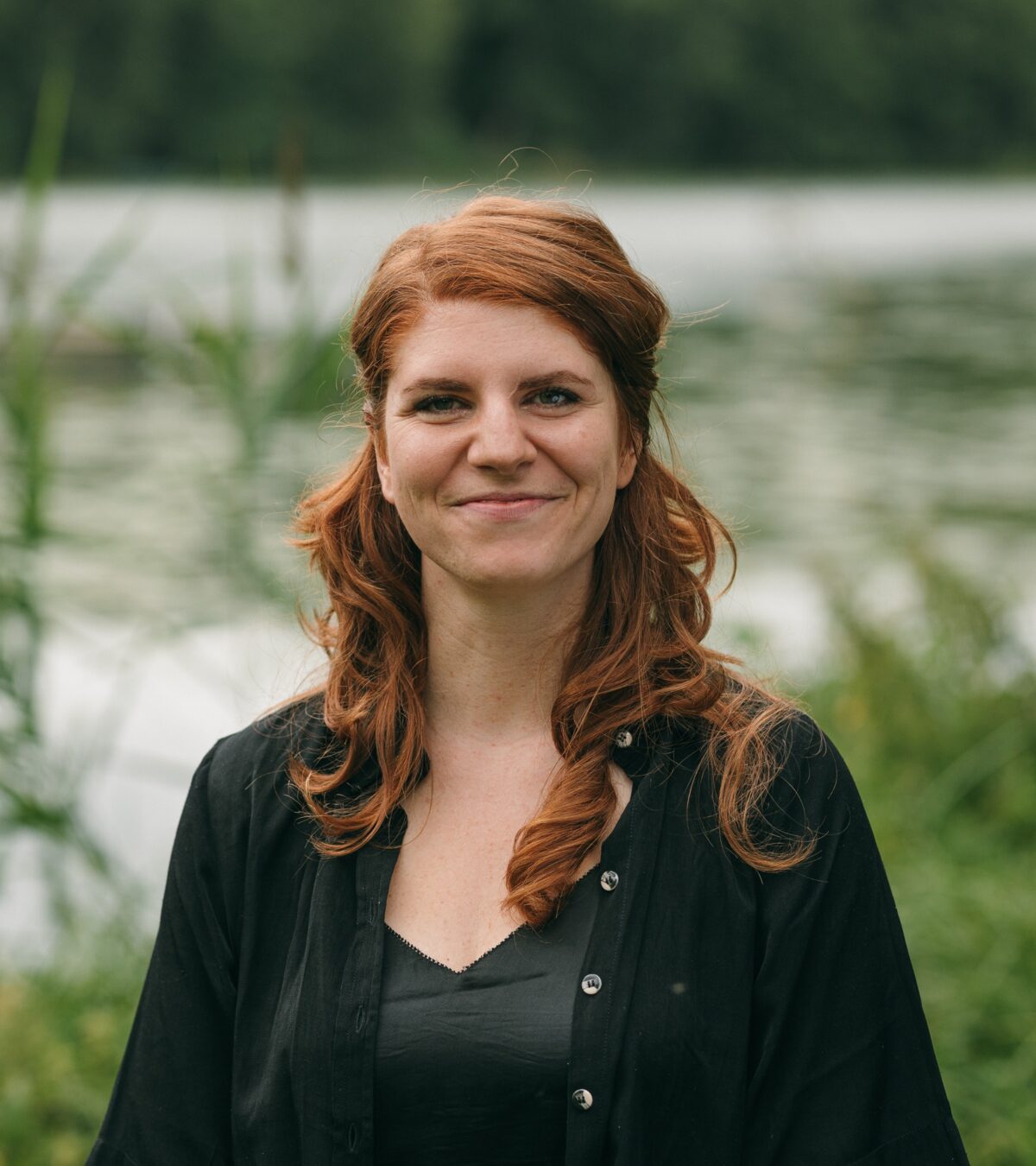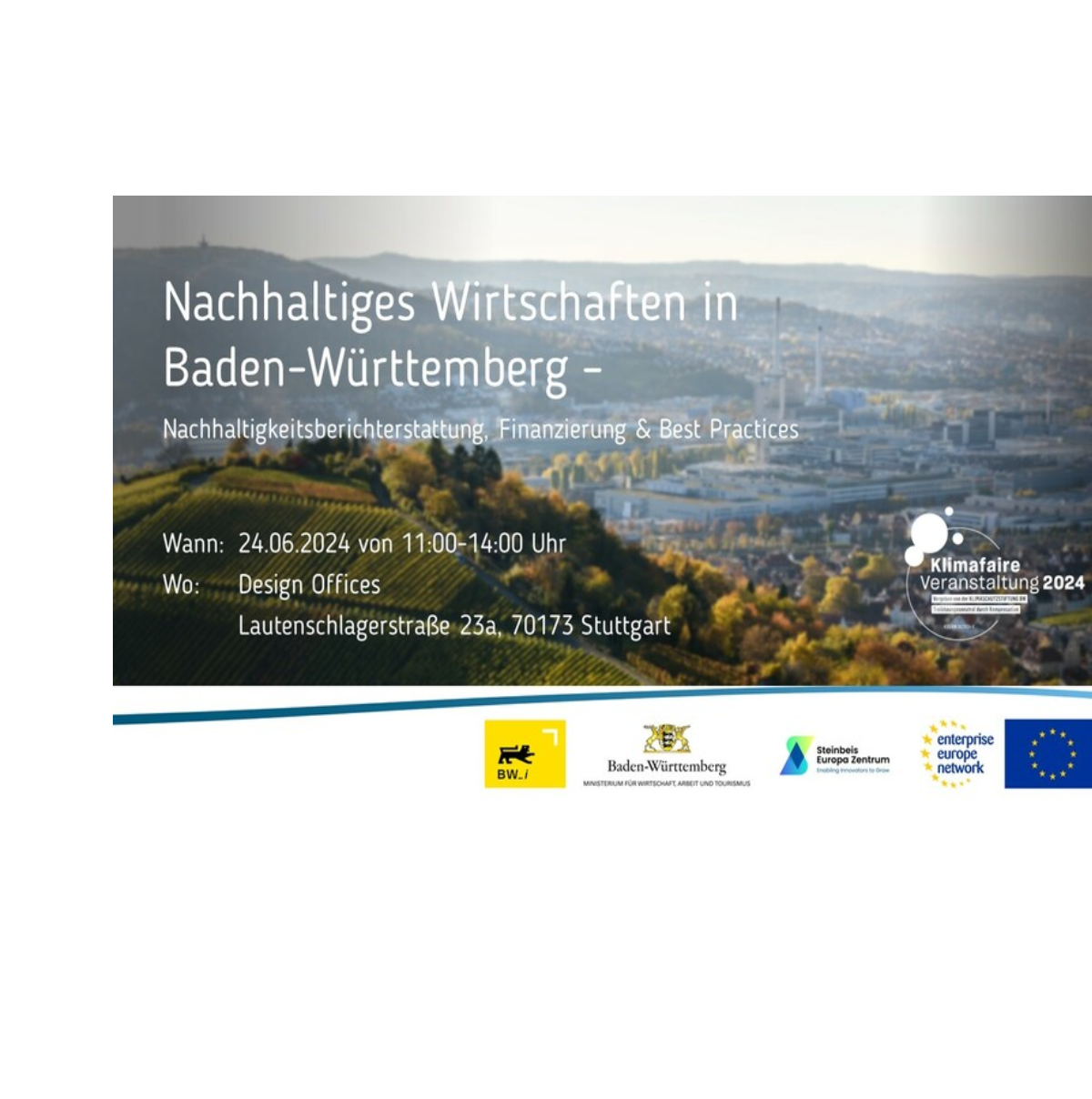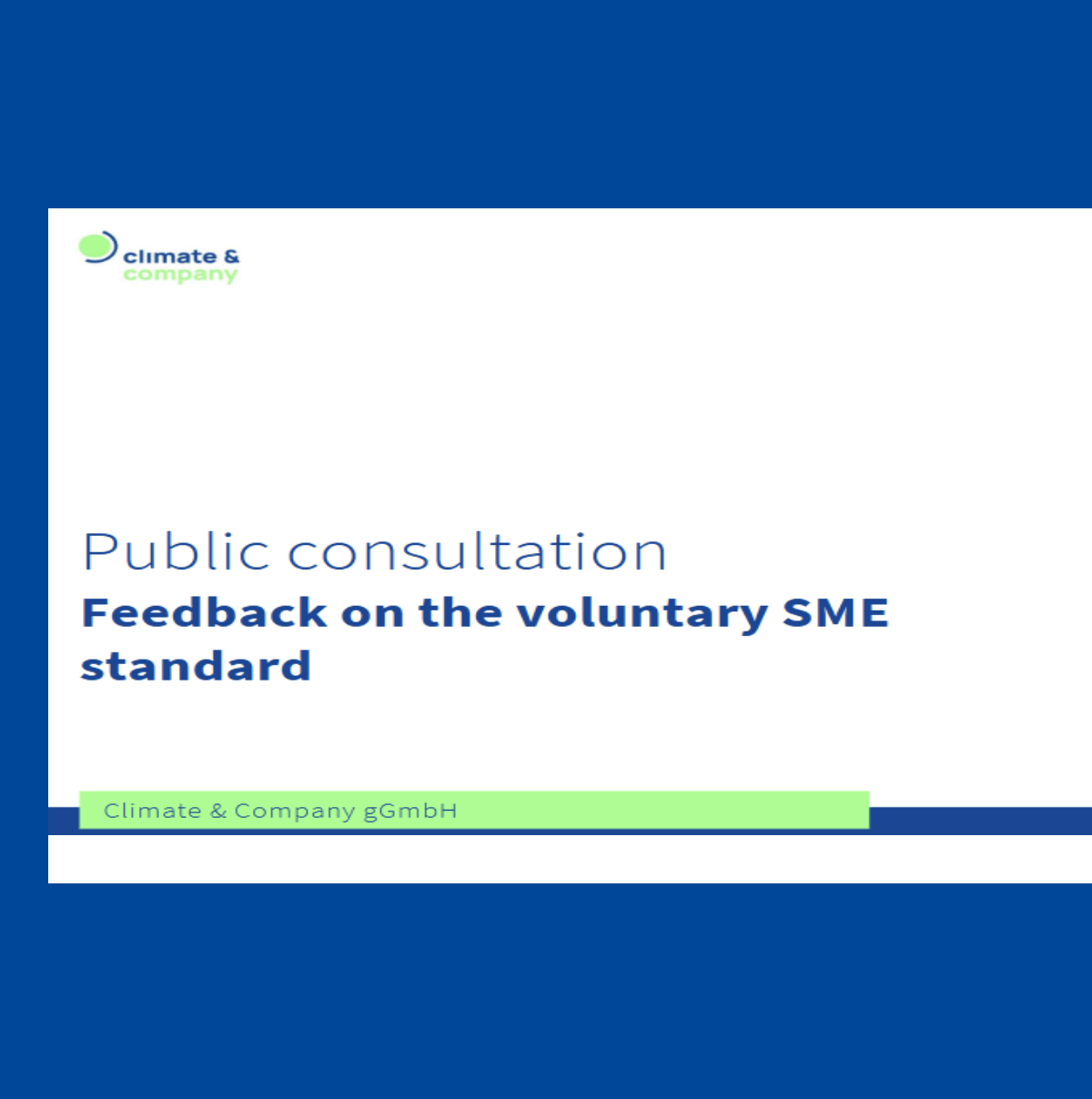Workshop Series on the Introduction of the Voluntary SME Standard
A collaboration with the Baden-Württemberg Ministry of Economic Affairs, Labour, and Tourism.
May 31, 2024
What?
Helping SMEs with sustainability reporting
Small and medium-sized enterprises (SMEs) often struggle with numerous data requests from clients and banks, making it difficult to keep platforms updated and respond to these demands. This task is both time-consuming and administratively burdensome. To tackle this issue and to support SMEs’ competitiveness, Climate & Company organised a series of workshops in Stuttgart from February to May 2024, in collaboration with the Baden-Württemberg Ministry of Economic Affairs, Labour, and Tourism. We held workshops with 7 SMEs to help them understand the draft voluntary SME standard by EFRAG. This standard is vital as it systematises data gathering, simplifying the management of sustainability reporting for SMEs. Through these workshops, companies learned to navigate the disclosure requirements. Additionally, we collected feedback from the SMEs about the specific disclosure requirements they found challenging or unclear. This valuable input was then directly communicated to EFRAG, providing real-world insights to improve the voluntary SME standard.
Why?
Making sustainability reporting easier and more effective
Sustainability is becoming more important, offering great opportunities for SMEs to show their commitment to a sustainable future. However, reporting can be tricky and time-consuming. That’s where we came in. Our workshops and practical guide were designed to make the process simpler and more efficient, helping SMEs meet sustainability requirements and stand out to customers, partners, and banks. Ultimately, through the development of our guideline, we want to give even more SMEs an easy entry into sustainability reporting.
How?
Interactive workshops and practical guidance
We designed these workshops to be interactive and hands-on, ensuring participants got the most out of them. Here’s what we did:
- Engagement: Our sessions encouraged participants to ask questions, share ideas, and network with other SMEs. The workshop format allowed for peer learning and exchange, helping SMEs to learn from each other’s experiences and challenges.
- Training: We focused on giving participants a thorough understanding of sustainability reporting. This included an introduction to the CSRD, stakeholder mapping, and the concept of double materiality. We then conducted a deep dive into the voluntary SME standard from EFRAG.
- Public Consultation: We gathered detailed feedback from the SMEs on the disclosure requirements, identifying the areas they found most challenging or unclear. This feedback was then shared with EFRAG, ensuring that the perspectives and experiences of SMEs were considered in refining the voluntary SME standard.
- Guide Creation: During the workshops, we developed a practical guide tailored to the voluntary SME standards. We ensured it was written in clear, easy-to-understand language and included helpful tips and real-world examples. This guide aims to simplify the reporting process and make it more accessible for all SMEs.
Benefits for SMEs:
- Better understanding: SMEs learned the ins and outs of sustainability reporting and the voluntary SME standard.
- Practical tools: Participants gained access to tools that simplify the reporting process.
- Networking: SMEs connected with other businesses and stakeholders, sharing ideas and good practices.
- Ongoing support: The practical guide created from the workshop series continues to offer support and guidance for SMEs in German speaking countries.






